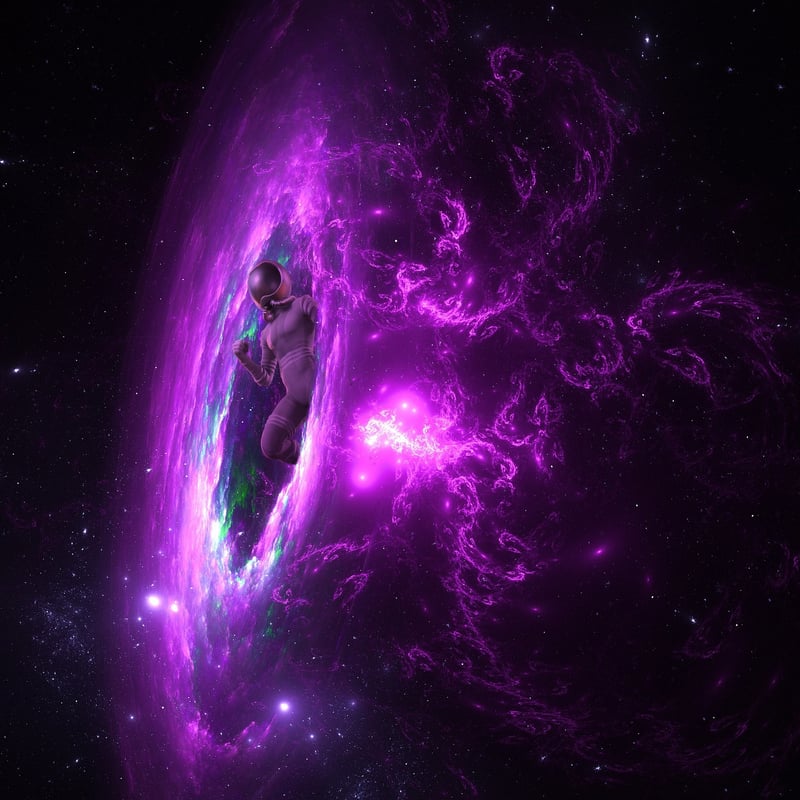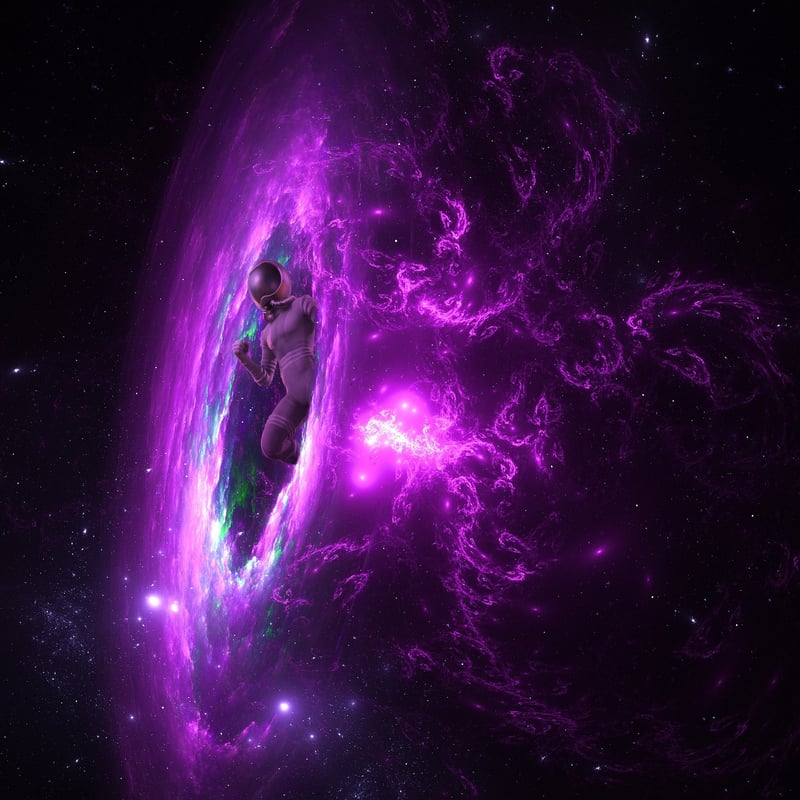Black Holes
Exploring the Birth of the Universe and Black Holes
Welcome to an exciting journey into the mysteries of the universe! In this article, we will delve into the fascinating topics of the birth of the universe and black holes, two awe-inspiring phenomena that have captured the imagination of scientists and enthusiasts alike.
The Birth of the Universe
The birth of the universe, often referred to as the Big Bang theory, is the prevailing cosmological model for the observable universe from the earliest known periods through its subsequent large-scale evolution. According to this theory, the universe originated from a singularity around 13.8 billion years ago and has been expanding ever since.
To better understand the birth of the universe, scientists study cosmic microwave background radiation, the distribution of galaxies, and the abundance of light elements. These observations provide crucial insights into the early moments of the universe and how it has evolved over billions of years.
Key Points:
- The Big Bang theory is the most widely accepted explanation for the origin of the universe.
- Cosmic microwave background radiation is a remnant of the early universe and a key piece of evidence supporting the Big Bang theory.
- The universe has been expanding and evolving since its inception.
Black Holes
Black holes are regions in spacetime where gravity is so strong that nothing, not even light, can escape from them. These mysterious objects form when massive stars collapse under their gravity, creating a singularity with infinite density at the center.
Despite their name, black holes are anything but empty space. They have a defined boundary called the event horizon, beyond which nothing can escape. Black holes come in various sizes, from stellar-mass black holes to supermassive black holes that can be found at the centers of galaxies.
Key Points:
- Black holes are formed from the remnants of massive stars that have undergone gravitational collapse.
- The event horizon of a black hole marks the point of no return, beyond which even light cannot escape.
- Supermassive black holes play a crucial role in the evolution of galaxies.
As we continue to unravel the mysteries of the universe, the study of the birth of the universe and black holes remains at the forefront of scientific exploration, offering profound insights into the nature of space, time, and the cosmos.
Let's keep looking up at the stars and seeking answers to the profound questions that lie beyond!


Images source: Pixabay
